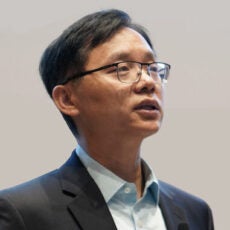How Will Electric Vehicles Influence the Changing Urban Infrastructure and Energy Network?
As the market share of electric vehicles continues to increase worldwide, it starts to influence the patterns of electrical power usage and human behavior, particularly the lifestyle in the urban areas, which might eventually lead to significant change in urban structure and energy policy. A deeper understanding the dynamic relation between the growth EV and the transformation of urban layout and infrastructure is needed to shed a new light on transportation planning, energy policy, and urban sustainability.
To address the research gap, this study focuses on the non-linear relationship between EV owners’ home locations and key factors of the urban built environment. This analysis of EV owners’ geographic pattern and its relationship with urban environmental variables will help assess the impacts of this new transport mode on the future urban form. The study of these correlations can inform decision making in response to transport electrification and urbanization, including the coordination of EV infrastructure with electric network, the layout for urban expansion as related to transit planning and community building, and the redesign of streets and open spaces to enhance human interaction with the new mobility.
Zhongjie Lin
Associate Professor of City and Regional PlanningZhongjie Lin is an associate professor of city and regional planning at the Stuart Weitzman School of Design.
Jing Kang
Assistant Professor, Waseda UniversityJing Kang is an assistant professor at Waseda University.


